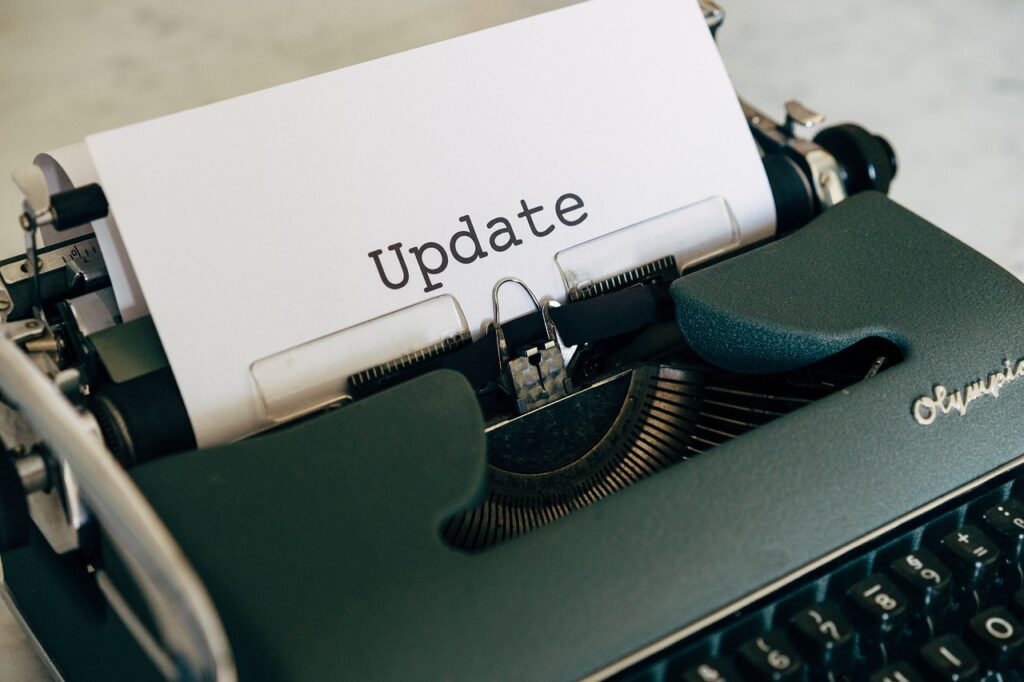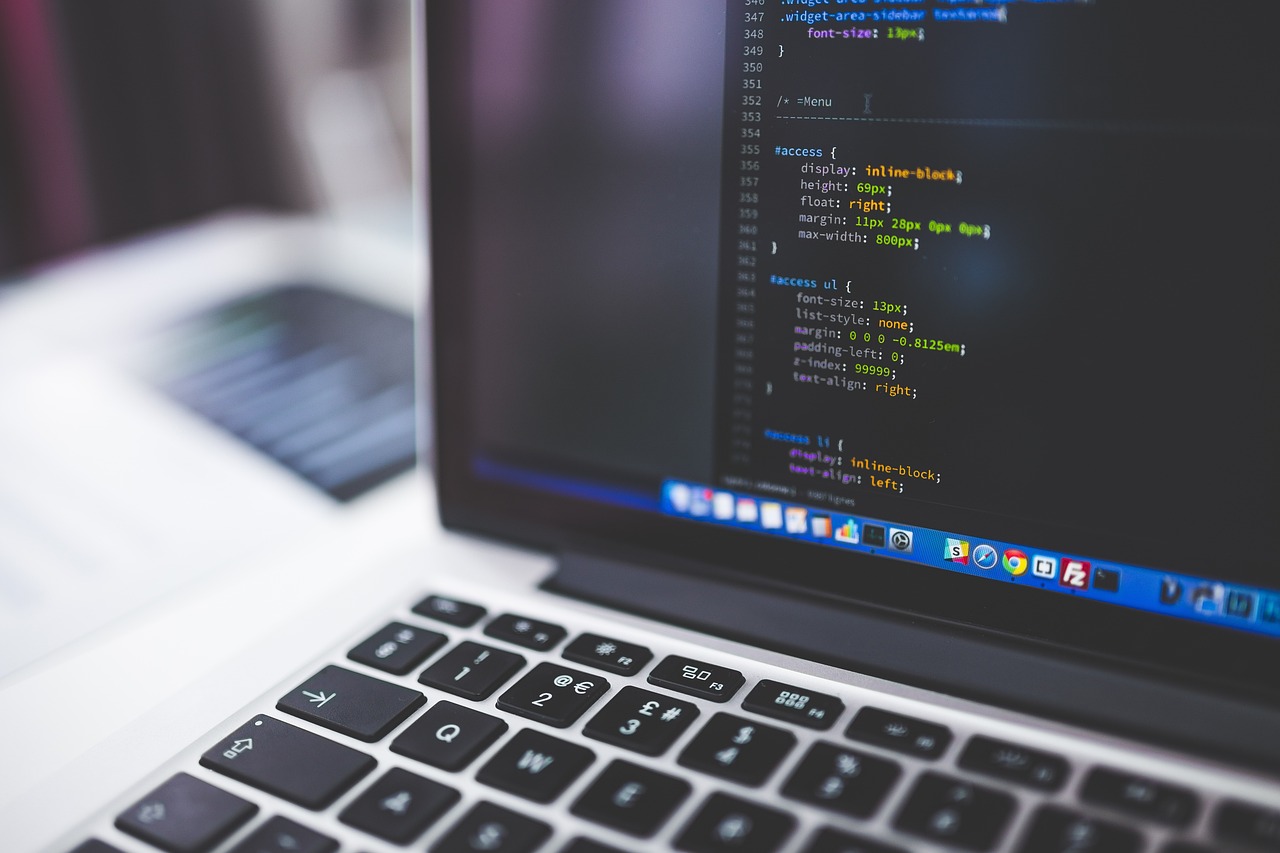The software development landscape is undergoing a massive transformation, thanks to Artificial Intelligence (AI). From automating repetitive tasks to generating entire blocks of code, AI is reshaping how developers build, test, and deploy software. By 2024, AI-powered tools are no longer just assistants—they’re becoming essential collaborators in the programming world.
In this article, we’ll explore how AI is revolutionizing software development, making coding faster, more efficient, and accessible to a broader audience.
1. AI-Powered Code Generation & Autocompletion
One of the biggest breakthroughs in AI for programming is automated code generation. Tools like GitHub Copilot, Amazon CodeWhisperer, and Tabnine use large language models (LLMs) to suggest code snippets, complete functions, and even write entire modules for AI in software development.
Key Benefits:
✅ Faster Development: AI reduces manual coding time by 30-50%, allowing developers to focus on complex logic.
✅ Fewer Errors: AI detects syntax mistakes and suggests optimizations, improving code quality.
✅ Learning Aid: New programmers can learn best practices by studying AI-generated code.
Example: A developer typing a Python function for data sorting might get real-time suggestions for the most efficient algorithm of AI in software development.

2. Automated Debugging & Error Detection
Finding and fixing bugs is one of the most time-consuming aspects of software development. AI is changing this with:
- Static & Dynamic Code Analysis: AI scans code for vulnerabilities before runtime.
- Predictive Debugging: AI predicts where bugs are likely to occur based on past patterns.
- Self-Healing Code: Some AI systems can automatically patch minor errors without human intervention.
Tools like DeepCode and Sentry use AI to flag potential issues in real-time, reducing debugging time by up to 40%.
3. AI in Testing & Quality Assurance (QA)
Manual testing is tedious—AI makes it faster and more reliable.
AI-Driven Testing Methods:
✔ Automated Test Case Generation – AI creates test scenarios based on code behavior.
✔ Visual Testing – AI compares UI screenshots to detect visual bugs.
✔ Self-Learning Test Bots – AI adapts test cases as the software evolves.
Example: Testim.io uses AI to auto-correct flaky tests, reducing false failures.
4. Natural Language Programming (NLP for Code)
What if you could write code just by describing what you want? AI is making this possible with:
- Text-to-Code Models (e.g., OpenAI’s ChatGPT for code)
- Voice-to-Code Assistants (e.g., developers dictating logic)
- Low-Code/No-Code Platforms (e.g., Bubble, Retool)
Impact:
🔹 Democratizes coding – Non-programmers can build apps.
🔹 Speeds up prototyping – Ideas turn into functional code faster.
5. AI-Optimized DevOps & CI/CD Pipelines
AI is streamlining deployment and operations with:
- Predictive Deployment Analysis – AI forecasts potential failures before release.
- Auto-Scaling Cloud Resources – AI adjusts server capacity based on traffic.
- Automated Rollbacks – If a deployment fails, AI reverts changes instantly.
Tools like Harness and Datadog use AI to cut deployment times by 50%.
6. The Rise of AI-Generated Software
Some startups are already experimenting with fully AI-generated apps, where:
- The user describes an app idea.
- AI designs the UI, writes the backend, and deploys it.
Example: Devin (by Cognition Labs) claims to be the first AI software engineer.
7. Ethical Concerns & Challenges
While AI is a game-changer, it brings new challenges:
⚠ Job Displacement Fears – Will AI replace developers? (Unlikely, but roles will evolve.)
⚠ Code Ownership Issues – Who owns AI-generated code?
⚠ Bias in AI Models – Can AI produce unethical or insecure code?
Solution: Human oversight remains critical—AI is a tool, not a replacement.
Conclusion: The Future of AI in Software Development
AI is not just changing software development—it’s redefining it. From automated coding to self-healing applications, AI is making development faster, smarter, and more accessible.
However, human expertise is still irreplaceable—AI enhances developers but doesn’t eliminate the need for creativity, problem-solving, and ethical judgment.
What’s Next?
🚀 AI pair programmers becoming standard in IDEs.
🚀 Self-writing apps for niche use cases.
🚀 AI-driven cybersecurity in coding.
The future of software development is human + AI collaboration—and the possibilities are endless.
